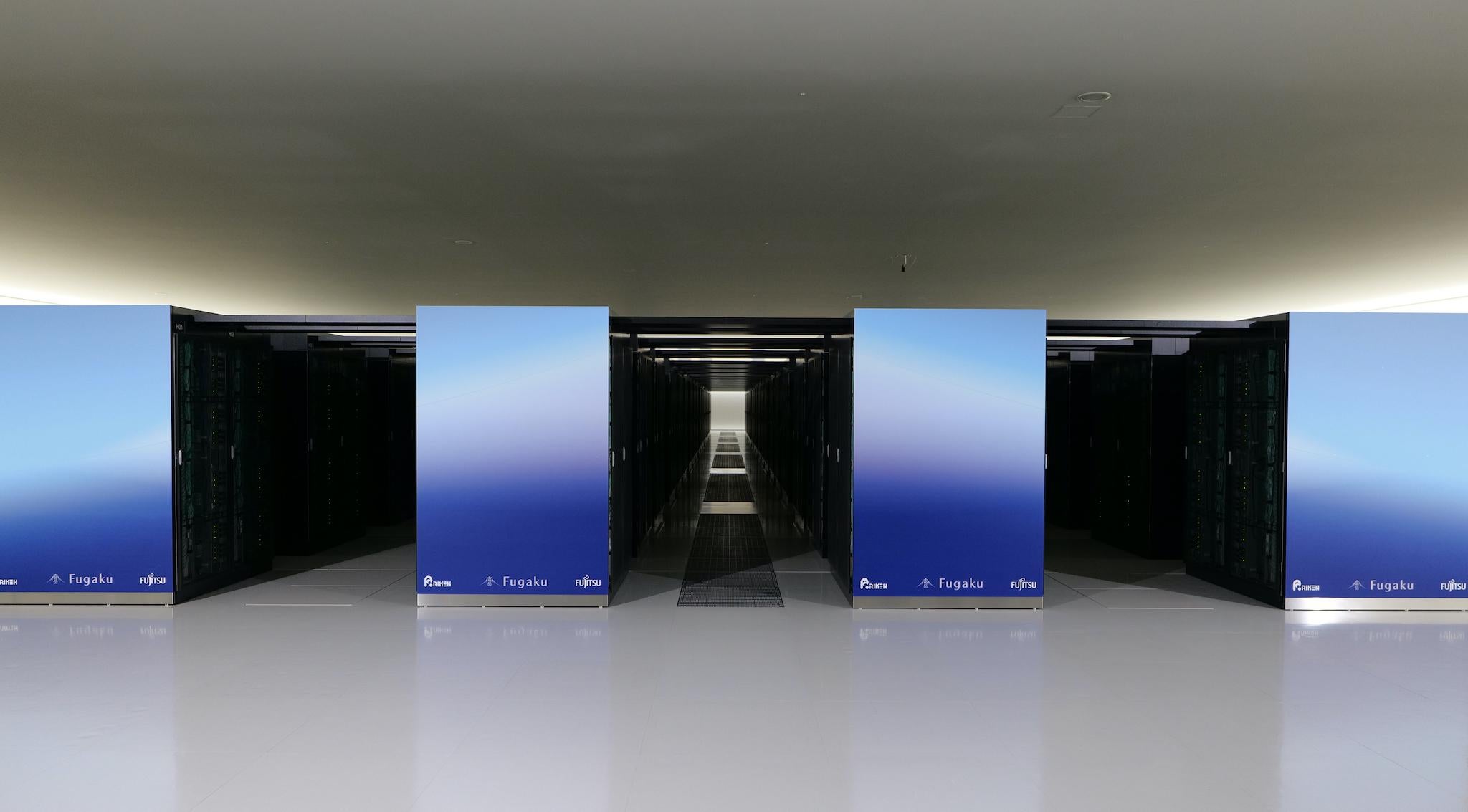Scientists create the fastest computer ever made, as 'Fugaku' supercomputer hits top of ranking
Japanese machine beats out American 'Summit', which is based on IBM hardware

Your support helps us to tell the story
From reproductive rights to climate change to Big Tech, The Independent is on the ground when the story is developing. Whether it's investigating the financials of Elon Musk's pro-Trump PAC or producing our latest documentary, 'The A Word', which shines a light on the American women fighting for reproductive rights, we know how important it is to parse out the facts from the messaging.
At such a critical moment in US history, we need reporters on the ground. Your donation allows us to keep sending journalists to speak to both sides of the story.
The Independent is trusted by Americans across the entire political spectrum. And unlike many other quality news outlets, we choose not to lock Americans out of our reporting and analysis with paywalls. We believe quality journalism should be available to everyone, paid for by those who can afford it.
Your support makes all the difference.Scientists have created the fastest computer ever.
The Japanese supercomputer named "Fugaku" now sits at the top of official rankings of how quickly they can do certain real-world tasks.
Fugaku was awarded the top spot on the Top500 list, which ranks the world's fastest supercomputers, its creators said. It is also now at the top of other rankings that test how quickly it would perform in real-world applications, how well it can conduct certain artificial intelligence tasks, and how well it can perform with data-intensive processes.
No supercomputer has ever scored at the top of the three rankings – known as Top500, HPCG, and Graph500 – before, the creators said.
In the Top500 ranking, it achieved a score of 415.53 petaflops. That is compared with the 148.6 petaflop score achieved by its nearest competitor, Summit, which is based in the US and is based on IBM hardware.
At the moment, Fugaku is doing experimental work on Covid-19, including simulating how the virus spreads. Many supercomputers around the world are being put to work on the coronavirus outbreak, allowing researchers to better understand the new virus and how to fight the pandemic.
Aside from that work, Japan hopes to use the computer for its "Society 5.0" technology programme. That could see it used for everything from simulating nuclear blasts to modelling climate change.
"I very much hope that Fugaku will show itself to be highly effective in real-world applications and will help to realize Society 5.0," said Naoki Shinjo, corporate executive officer of Fujitsu, in a statement.
Fugaku was created by research group Riken and technology company Fujitsu, using technology from Arm, which makes semiconductors and software. Arm designs chips for many of the world's smartphones, including the iPhone, and is rumoured to be coming to Apple's Macs as well.
Join our commenting forum
Join thought-provoking conversations, follow other Independent readers and see their replies
Comments